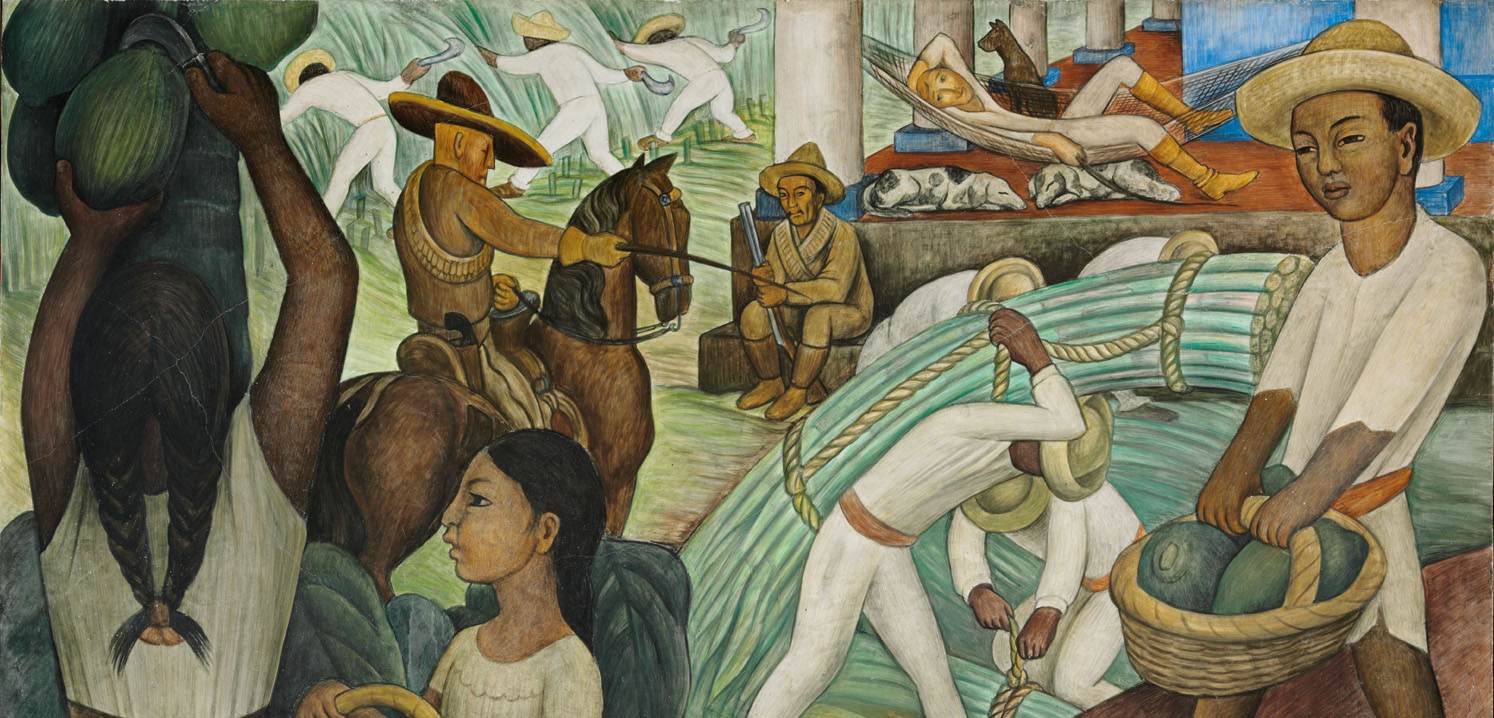Alejandro works as an Assistant Professor at Concordia University (under a limited term contract) in Montreal, Canada. Previously, he worked as a Research Associate ll in the Immigration Research Knowledge Area of the Conference Board of Canada. He holds a PhD in Sociology with a specialization in Political Economy from Carleton University, and was awarded with a Vanier Scholar, the Government of Canada’s most prestigious international award for doctoral students, among other awards, fellowships and prizes.
Alejandro has ample professional experience in migration, economic and labour market integration, and youth research, as well as policy evaluation, teaching, and education management in Canada and Mexico.
Alejandro was twice a member of the Adjudication Committee for the Lorne Tepperman Outstanding Contribution to Teaching Award of the Canadian Sociological Association. He was a Board of Directors member, Communications Chair, and Elections Officer of the Canadian Association for Latin American and Caribbean Studies (2016-2019). He was also Chair of the Committee for Refugee Issues and member of the Advisory Search Committee for Vice-President (Research and International) at Carleton University.
Alejandro’s latest main big research project analyzed how the contexts and immigration reasons of Mexican youth, along with their experiences of economic and labour market integration in Ottawa and Montreal (Canada), shaped the type of ties they maintain with Mexico and their (potential) transnational practices in Canada. His latest, ongoing and smaller research project focuses on understanding the economic integration (i.e. income) of Latin Americans in Canada.



 of
of